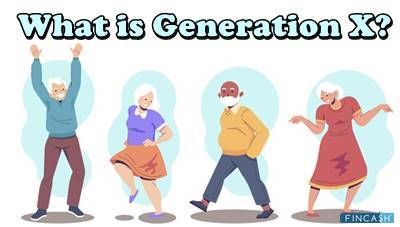Generation-Skipping Trust
What is a Generation-Skipping Trust?
Generation-skipping trust definition was quite popular in the early days since it wouldn’t impose the Real Estate tax on the wealth and property that people gifted to their grandchildren or great-grandchildren. It was a common practice among wealthy people. In fact, a majority of people used this tactic to avoid the real estate Taxes on the property and assets.

Basically, if the grandparents decide to gift their property to their grandchildren, rather than their children, then they skip one generation.
How does Generation-Skipping Trust Work?
The transaction would only be considered valid if there were at least 37 years age difference between the grantor and their grandchildren. It wasn’t necessary to pass down the property to the grandchildren or a family member only. The grantors were allowed to choose anyone they wish to gift their belongings. It was quite beneficial for the children of the grantor since they wouldn’t have to spend a single penny on the real estate taxes.
However, the rules changed and the government introduced Generation-Skipping Transfer Tax that made it mandatory for people to pay taxes on the properties they receive as a gift from their grandparents. Even if the transferor decides to give their property and wealth to their grandchildren, the GSTT (Generation-Skipping Transfer Tax) will be imposed on the transaction. However, the tax is only applied to the transaction above $11.8 million. The total tax charged on the property and assets is 40%.
Talk to our investment specialist
Skipping a Generation
Generation-skipping means skipping a generation when transferring the wealth or valuable assets to the Heir. If the grantor wishes to transfer the property to the grandchildren, then their own children will get no rights to do anything with the property. If these assets are transferred to the next generation, then the real estate tax will be applied to the total wealth. This means the children of the grantor will have to pay the real estate taxes on the property they got as gifts or Inheritance from their parents.
Usually, the transfer happens between grandparents and grandchildren. As mentioned above, the grantor doesn’t have to gift their property to their family member or a close relative. Anyone who is 37 years younger than the grantor can get the possession of the grantor’s property and wealth.
Generation-skipping trust was considered as a loophole that would help people avoid the real estate tax. As a result, the government decided to introduce GSTT to impose the federal tax on the transaction that exceeds $11.2 million. According to these amendments, the properties and wealth that the grantor transferred to their grandchildren (just to skip a generation) will be subject to the federal tax.
The GSST has changed multiple times in the past few years. It went up to 55% in 2001. GSTT was 0% in 2010. So, the GSTT mainly depends on the Economy and Inflation. It changes with the economy.
All efforts have been made to ensure the information provided here is accurate. However, no guarantees are made regarding correctness of data. Please verify with scheme information document before making any investment.











